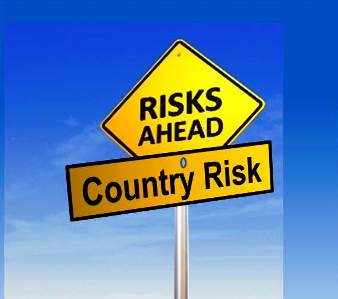 Almost every nation uses Export Support Service such as political risk insurance and trade credit financing to assist respective export industries. Only the US seems to nurture the notion that such services are tantamount to corporate welfare. BIIA’s contributing editor Dr. Chris Kuehl has provided us with the following commentary.
Almost every nation uses Export Support Service such as political risk insurance and trade credit financing to assist respective export industries. Only the US seems to nurture the notion that such services are tantamount to corporate welfare. BIIA’s contributing editor Dr. Chris Kuehl has provided us with the following commentary.
The struggle to get the Export-Import (Ex-Im) Bank reinstated was long and protracted and created some of the strangest of political bedfellows. The vote in the House was 313 to 118. Almost all of the Democrats voted for it and a majority of the GOP members backed it, but less than was the case a year or so ago. The number coming out for the reauthorization was 147 three years ago, and this time the support was 127 in favor.
Granted, there were doubtless a few in the GOP who voted against it once it was certain the bill would pass so they would not have to face the issue in the primary, but there remains a solid opposition in the GOP to programs like this one. The divide in the Republican ranks gets wider every day. The Democrats supported a plan that was geared to business, and only a small number voted no. The Democrats saw this as a bill to save U.S. jobs and allow the U.S. to compete globally. Those who opposed it took the position that it was some form of corporate welfare.
The U.S. export community has been affected negatively by the strength of the dollar and the general weakness of the global economy. Programs that promote trade and give U.S. companies some advantages as far as global competition have always been important, but it can be argued they are vital today. The U.S. is not a country that engages in direct subsidy and trade support, and it prefers to work more indirectly. This is where the Export-Import Bank fit in. The expectation now is that several countries and companies that had been looking to buy U.S. goods will now be able to access the loans through Ex-Im and will then be able to buy from the U.S. again.
Courtesy Dr. Chris Kuehl, Armada Corporate Intelligence and NACM’s economist.






















